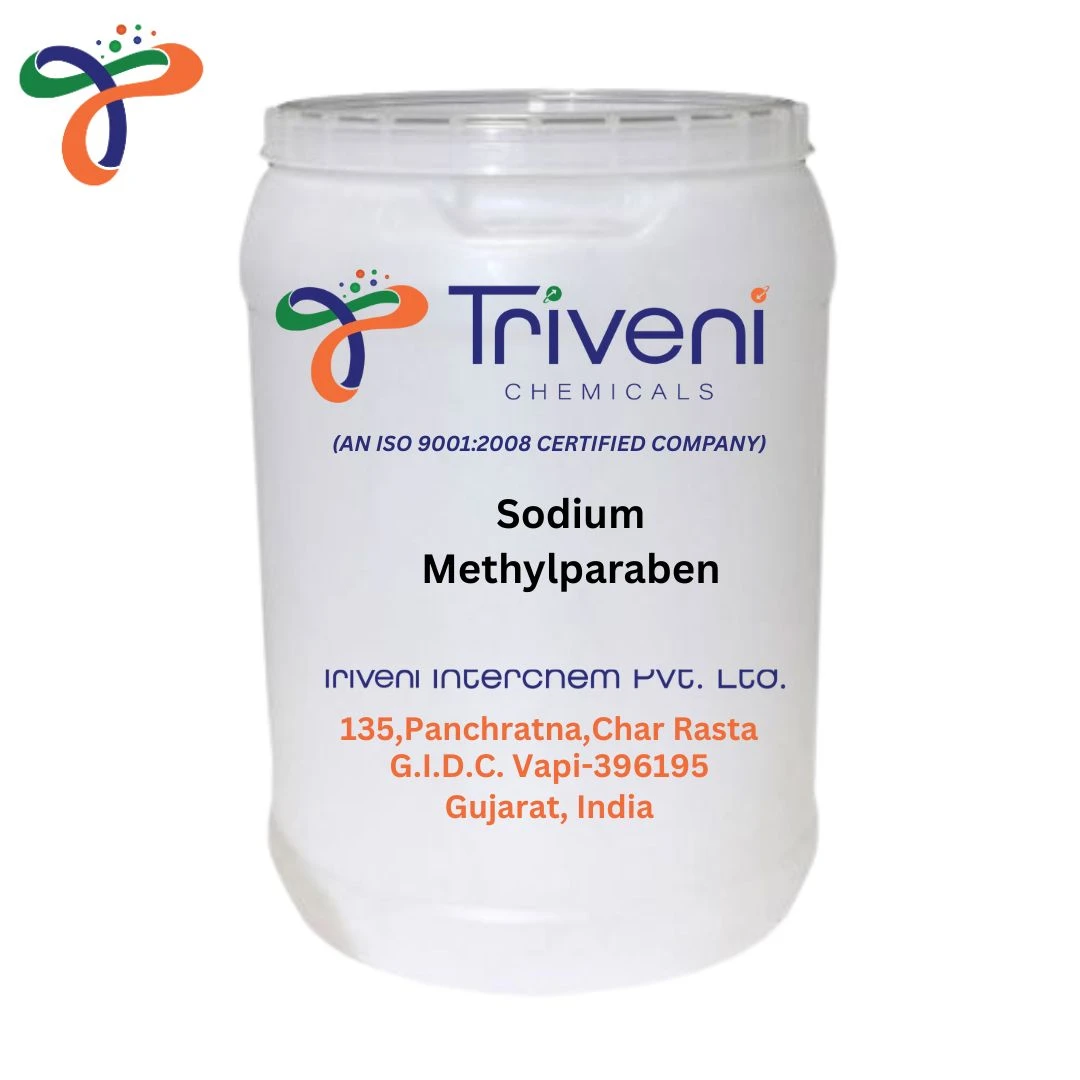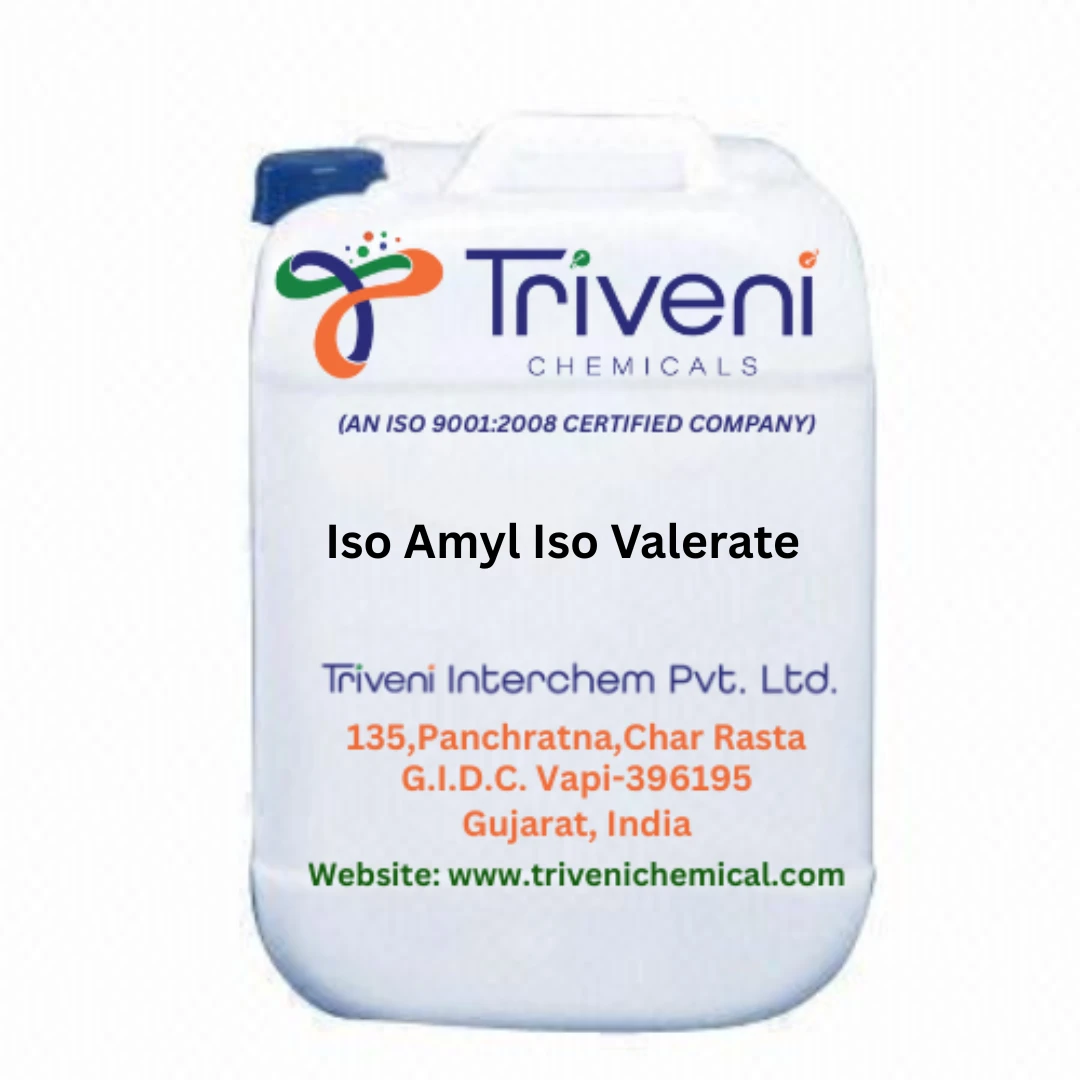The pharmaceutical sector is essential to the healthcare system because it conducts the research, develops, produces, and distributes drugs and medical equipment. This fast-paced industry is distinguished by its worldwide reach, innovation, and regulation. Pharmaceutical research and development (R&D) is the foundation of the sector. Businesses actively invest in the..
The pharmaceutical sector is essential to the healthcare system because it conducts the research, develops, produces, and distributes drugs and medical equipment. This fast-paced industry is distinguished by its worldwide reach, innovation, and regulation. Pharmaceutical research and development (R&D) is the foundation of the sector. Businesses actively invest in the development of novel medications and treatments to treat a range of illnesses and enhance patient outcomes. Finding possible therapeutic candidates, carrying out preclinical research, and moving on to clinical trials are all steps in this process. The R&D stage might take many years and costs a substantial amount of money. The approval procedure for new pharmaceuticals is supervised by regulatory bodies like the European Medicines Agency (EMA) and the U.S. Food and Drug Administration (FDA). Before pharmaceuticals are put on the market, these organizations make sure they are produced to exacting standards, safe, and effective. Pharmaceutical businesses are subject to stringent regulations and are required to do thorough testing to verify the safety and effectiveness of their medicines. Pharmaceutical manufacturing requires intricate procedures to create medications in big batches while preserving consistency and quality. To guarantee correct handling of raw materials, manufacturing procedures, packaging, and distribution, facilities must adhere to strict rules. To avoid contamination, guarantee potency, and preserve product integrity, quality control and quality assurance are essential. The pharmaceutical industry is a global enterprise, comprising corporations with many global headquarters that distribute pharmaceuticals across borders. Collaboration between scientists, researchers, and medical experts from various places is made possible by this worldwide reach. Additionally, it makes it possible for the sector to create vaccinations and medicines in a timely manner in response to health emergencies like pandemics. The pharmaceutical industry has been greatly impacted by biotechnology in recent years. Biopharmaceuticals, such as gene treatments, monoclonal antibodies, and vaccinations, have completely changed the way many diseases are treated. These cutting-edge treatments frequently call for unique production methods, which has prompted new alliances between biotech and traditional pharmaceutical businesses. The pharmaceutical sector faces a number of difficulties, such as regulatory barriers, generic competition, patent expirations, and growing research expenses. To remain competitive, businesses must always innovate, whether it is by creating new medications or enhancing current ones. Affordability and healthcare accessibility are still major concerns, and measures must be taken to guarantee that patients may get the drugs they need without experiencing financial difficulty. All things considered, the pharmaceutical business plays a critical role in enhancing millions of people's quality of life globally, developing healthcare, and meeting unmet medical needs. Pharmaceutical businesses will always be crucial in determining the direction of medicine because of their creativity, teamwork, and dedication to patient care.








